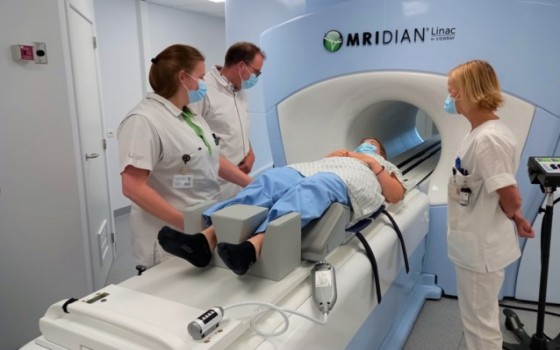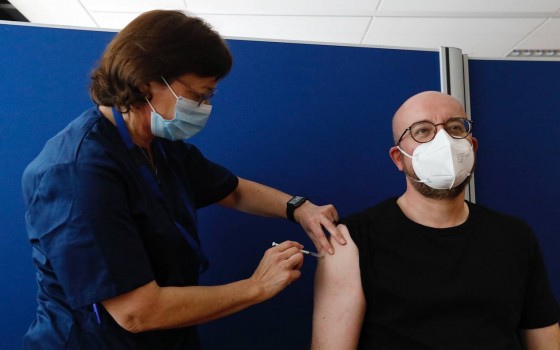
Scientific Breakthrough: New Treatment Shows Promising Effectiveness Against One of the Most Dangerous Brain Tumors

- Europe and Arabs
- Friday , 21 November 2025 10:59 AM GMT
Geneva – Brussels: Europe and the Arab World
In a scientific development that could revolutionize the treatment of one of the most dangerous types of cancer, researchers from Geneva University Hospital announced the development of a new generation of CAR-T cell therapy that has demonstrated the ability to destroy glioblastoma cells in animal models, paving the way for human trials. According to a report published by the European news network Euronews in Brussels on Friday, "Glioblastoma is one of the most aggressive brain tumors, with a five-year survival rate of less than 5%. All available treatments to date – including traditional immunotherapies – have failed to achieve effective results with this type of tumor." The difficulty in treating this tumor lies in its unique biological nature, as explained by Dr. Valérie Dutoit, a researcher in the Department of Medicine and Research Center at the University of Geneva: "Glioblastoma is unique because it contains very few T cells, which are immune cells capable of recognizing and destroying cancer cells." This is why this tumor, unlike skin cancer or some lung cancers, does not respond to standard immunotherapies. To overcome this problem, the research team turned to CAR-T cell technology, which involves extracting T cells from the patient's blood, genetically modifying them in the lab to enable them to recognize cancer cells, and then re-injecting them into the body. Development: Multiple Targets Enhance Effectiveness. In a previous study, the team identified the protein PTPRZ1 as a potential target, but it was insufficient to prevent relapse due to the high cellular diversity in this tumor. In the new research, the team added a second target: the protein Tenascin-C, which cancer cells produce to form the matrix surrounding the tumor. Importantly, the modified cells demonstrated the ability to destroy even cancer cells that do not produce this protein. By identifying three molecular markers responsible for depleting and disabling T cells, the researchers were able to significantly extend the lifespan and effectiveness of the modified cells in animal models. The first clinical trials in humans are scheduled to begin next year in Geneva and Lausanne, and will depend on the allocation of Each patient's cells are modified to target multiple tumor markers simultaneously, with the goal of eliminating as many cancer cells as possible despite their complex diversity.












No Comments Found